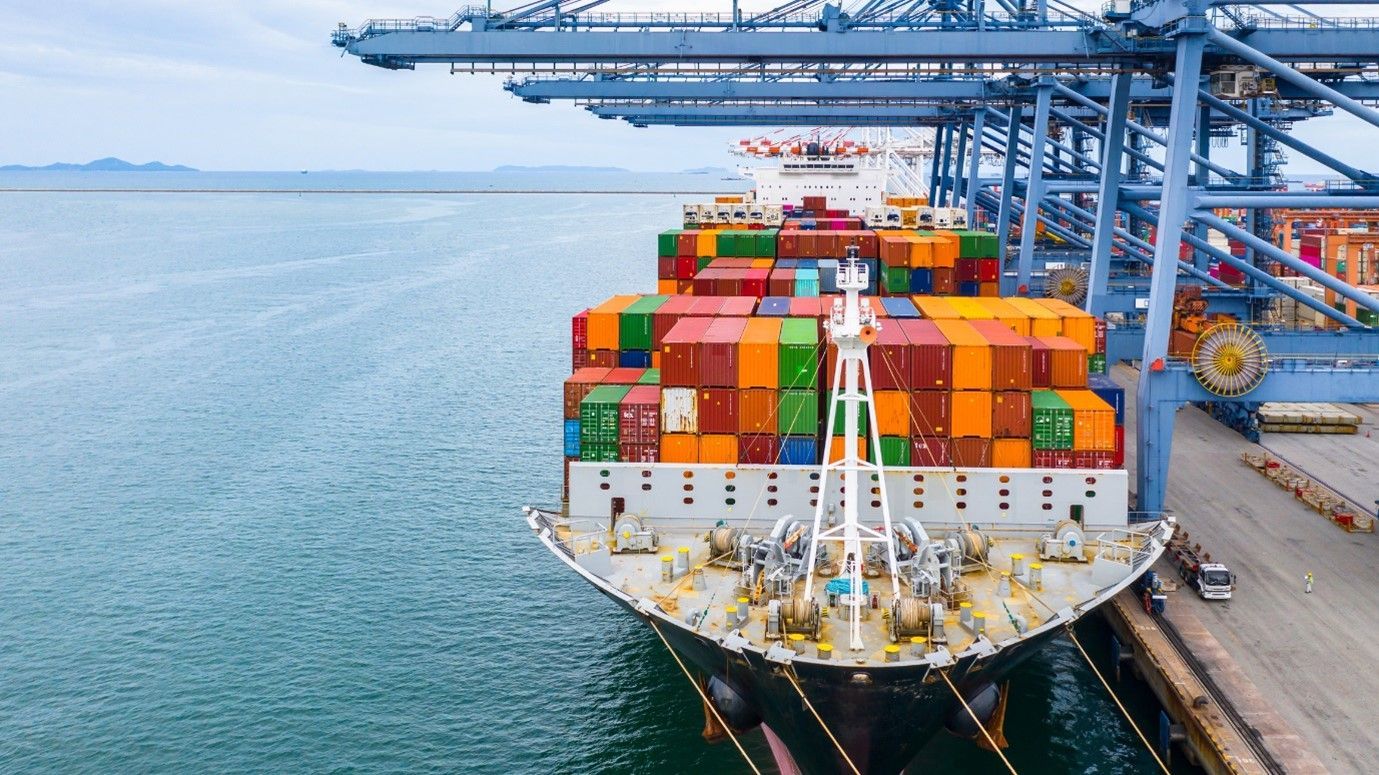
European Commission makes dramatic change in anti-trust rules for container shipping
The European Commission decided on 10th October 2023 not to extend the Consortia Block Exemption Regulation (CBER), which exempts liner shipping consortia from EU competition rules provided that certain conditions are met. This decision was based in part on an independent fact-finding study by MDS Transmodal. The Commission has concluded that the CBER it is no longer fit for purpose and therefore it will let it expire on 25 April 2024, in a move which will have a dramatic impact on whether and how shipping lines can collaborate to share capacity in the future.

The European Commission’s decision follows a review process launched in August 2022, aimed at gathering evidence on the functioning of the CBER since 2020, in view of its expiry on 25 April 2024. The CBER allows shipping lines, under certain conditions, to enter into cooperation agreements to provide joint cargo transport services, also known as ‘consortia'.
In August 2022, the Commission launched a call for evidence inviting feedback from stakeholders on the performance of the CBER. Prior to its evaluation, as part of its sectoral monitoring activities, the Commission had regular exchanges with market participants as well as with competition and regulatory authorities in Europe, the US and other jurisdictions, on the challenges faced by the shipping sector. It also sent questionnaires to shipping lines on the effects of the coronavirus pandemic on their operations and on the maritime supply chain and commissioned an independent fact-finding study by MDS Transmodal on supply and demand during the Covid-19 pandemic in 2020-21.
The MDST fact-funding study, which was based on analysis from its World Cargo Database (demand for container shipping by commodity and trade lane), Containership Databank (supply of container shipping by operators and trade lane), AIS (performance of container shipping) and its Consortia & Alliances Database (showing the extent of market concentration by trade corridor), concluded that,
“Without denying the significance of the strain on port and inland logistics capacity and the Covid19 related labour shortages, our analyses suggest that an important contributing factor to the disruption faced by the global container shipping industry over the period 2020Q1-2021Q4 has been the shortage of available shipping capacity…this shortage is estimated to have been mainly caused by insufficient investment by the major shipping lines. The lack of capacity has translated into reallocation of services in favour of trade lanes experiencing surges in demand for containerised goods – in particular to the Far East –North America route”.
The study went on to recognise that there was a dramatic decline in freight rates in early 2022 but, “the normalisation in freight rates is not accompanied by improvements in direct connectivity or in a decline in the number of skipped calls…The likelihood of further adjustments in the major shipping lines’ strategies is reinforced by the increased interest of the main lines in becoming integrated logistics providers, with this ambition being facilitated by the record-high profits reported in 2020 and 2021. The intensification in vertical integration in the liner shipping industry can increase efficiency thanks to improved communications amongst the actors of the supply chain, however, it can also provide increased market power to the integrated carriers at the expense of non-integrated providers”.
The expiry of the
CBER does not mean that cooperation between shipping lines becomes unlawful
under EU antitrust rules. Instead, carriers operating to or from the EU will need
to assess the compatibility of their co-operation agreements with EU antitrust
rules on a case-by-case basis. These
assessments are likely to have to be based on factual evidence on the extent of
market concentration on each trade corridor.
Further details of
the European Commission decision can be found here.
The MDST
fact-finding study can be found here.
